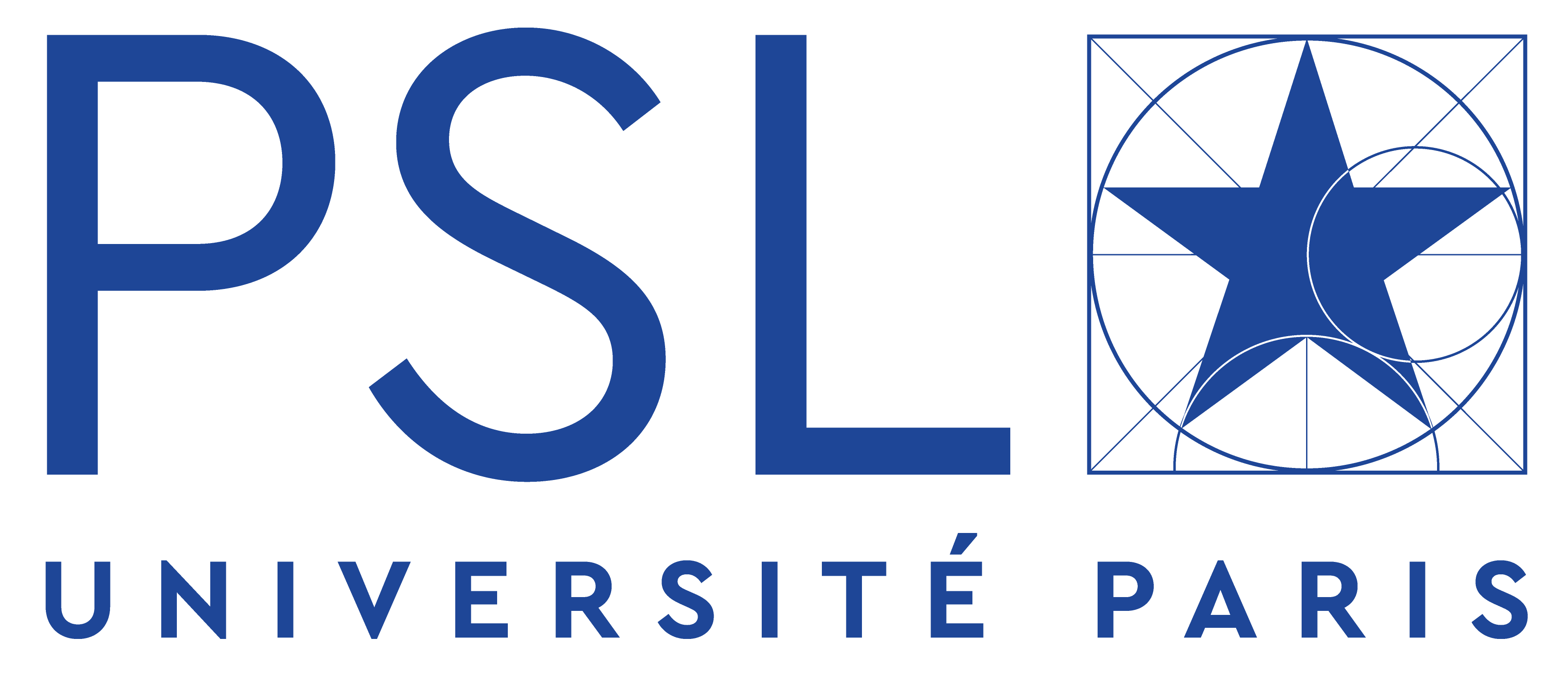Master
MID-INFRARED FULL-FIELD OCT FOR DEEP IMAGING IN OPAQUE MEDIA
| Yannick DE WILDE Tél. : 01 80 96 30 84 |
Combined swept-source and diffraction grating optical coherence tomography for deep imaging in scattering tissue
Internship Master’s Degree
Development of a Retinal Digital Twin to model scattering and phase contrast retinal imaging
This Master 2 internship is part of the ERC project MIRACLE-AD, which aims to study neurovascular coupling (NVC) in the human retina — a key mechanism linking neuronal activity to local blood flow and one of the earliest processes affected in Alzheimer’s disease. The project combines advanced optical imaging and computational modeling to explore the function of retinal neurons and microvessels at the cellular scale.
The intern will develop a Retinal Digital Twin using Monte Carlo simulations to better understand the physical origin of phase-contrast imaging in the Adaptive Optics Rolling-Slit Ophthalmoscope (AO-RSO) recently developed by our group. This work will help optimize imaging conditions for visualizing individual red blood cells and improve the interpretation of retinal functional imaging data.
Volumetric High-Speed Functional Imaging of the Living Human Retina
This Master 2 internship is part of the ERC project MIRACLE-AD, led by Pedro Mecê at the Institut Langevin (ESPCI Paris – PSL). The project aims to uncover the mechanisms of neurovascular coupling (NVC) — the dynamic relationship between neuronal activity and local blood flow — whose early dysfunction is considered one of the first indicators of Alzheimer’s disease.
The intern will contribute to the development of advanced image-processing tools for a next-generation Full-Field Optical Coherence Tomography (FF-OCT) system, designed to probe retinal neuronal function in vivo at nanometric precision. The work will include designing algorithms for 3D image alignment, extracting functional signals from individual retinal neurons, and assisting in experimental data acquisition.
The project will be conducted in close collaboration with researchers, engineers, and clinicians from the Institut Langevin and the Paris Eye Imaging Group at the Quinze-Vingts National Ophthalmology Hospital (Paris), providing a unique interdisciplinary environment at the crossroads of optics, neuroscience, and image analysis.
Development of AI-based Image Processing Pipeline for Retinal Imaging and Neurovascular Coupling Analysis at Cellular Level
This Master 2 internship is part of the ERC project MIRACLE-AD, led by Pedro Mecê (Institut Langevin/CNRS) in collaboration with Prof. Elsa Angelini (Télécom Paris). The project investigates neurovascular coupling (NVC) in the human retina — the process linking neuronal activity to blood flow — whose early dysfunction is among the first signs of Alzheimer’s disease.
The intern will contribute to the development of an AI-based image processing pipeline for cellular-resolution retinal imaging using the Adaptive Optics Rolling-Slit Ophthalmoscope (AO-RSO). The goal is to automatically quantify blood flow velocity and vessel diameter dynamics across the retinal vascular network during the NVC process. This work will combine advanced biomedical imaging, AI-assisted image analysis, and clinical data in close collaboration with teams from Institut Langevin, Télécom Paris, and the Paris Eye Imaging Group at the Quinze-Vingts Hospital (Paris).
Extended-depth-of-focus for longer single-molecule tracking in cell nuclei
This Master-level internship explores how to push the limits of single-molecule microscopy by engineering phase-only masks on a deformable mirror to extend the depth of focus inside the cell nucleus. The project combines optics design, adaptive optics implementation, and single-molecule experiments to enable longer and more reliable tracking of transcription factors and DNA repair proteins in 3D nuclear environments. Candidates will gain hands-on experience in microscope development, quantitative imaging, and data analysis at the interface of physics and biology.
Internship- PhD offer : New thermalized light sources based on fluorescent scattering media
| Valentina KRACHMALNICOFF Tél. : 01 80 96 30 73 |
Advanced data-driven image processing in Python and MATLAB for medical research
The clinical investigation centers of the Quinze-Vingts Eye hospital and The Foundation Adolphe de Rothschild Hospital, and the Langevin Institute in Paris, have developed a unique expertise in the field of innovative computational laser Doppler imaging, optical coherence tomography, and the evaluation of their medical use in a variety of ocular pathologies, which increasingly demonstrates clinical relevance. Monitoring of tissue structure, blood flow, and cell activity in the retina by digital holography will improve understanding of the pathophysiology of visual loss. The digital calculation of the images acquired by optical interferometry is based on a wave propagation algorithm (laser radar- LIDAR), used to reconstruct the image from the data stream sampled by the camera.









